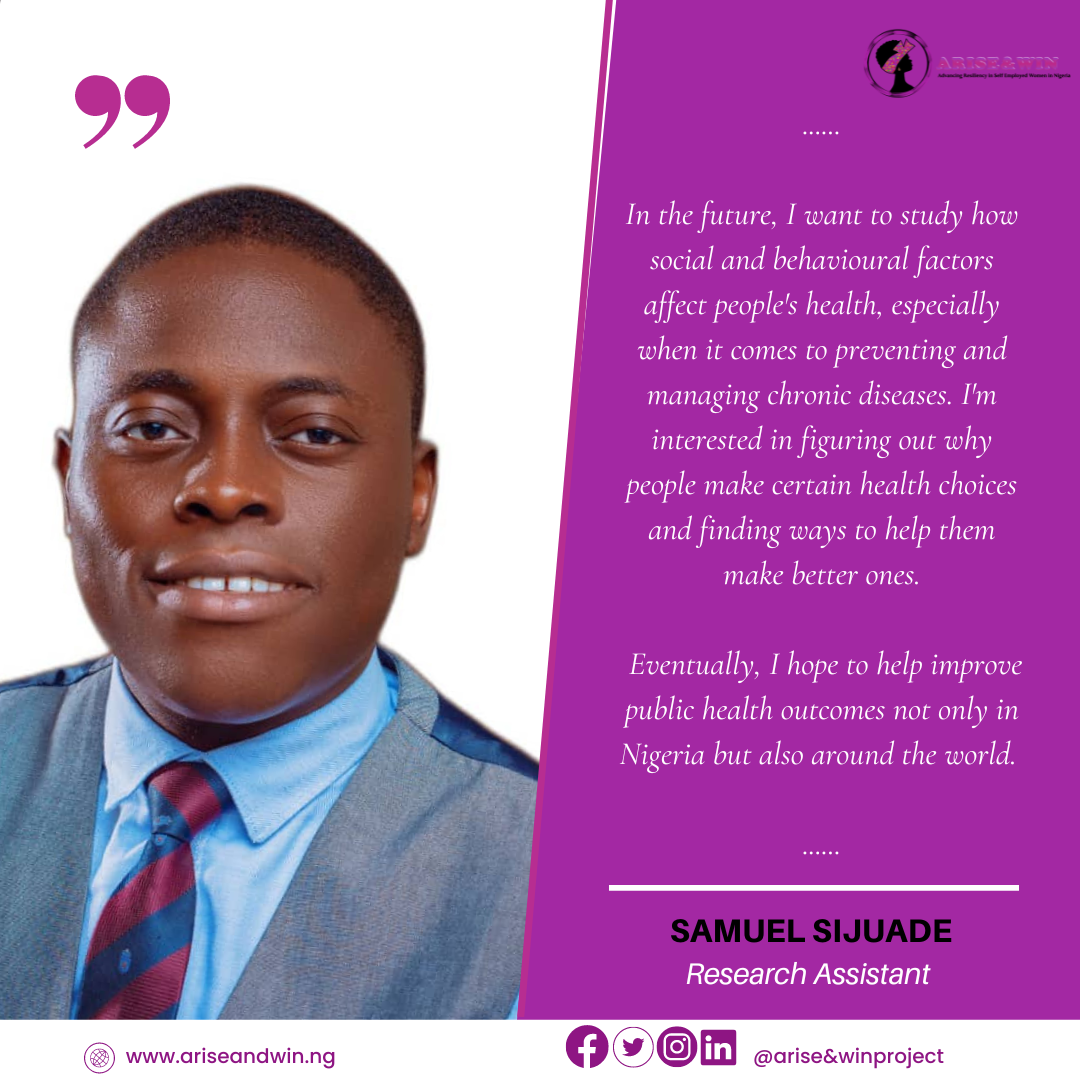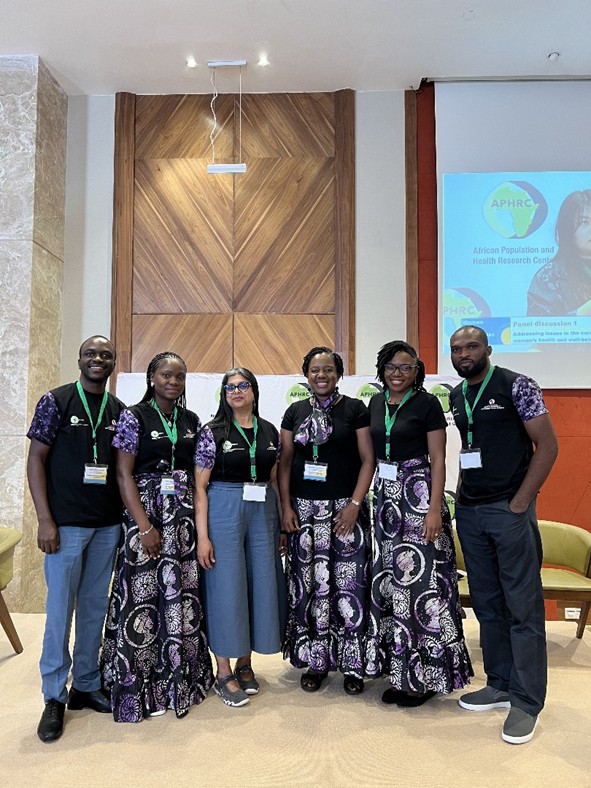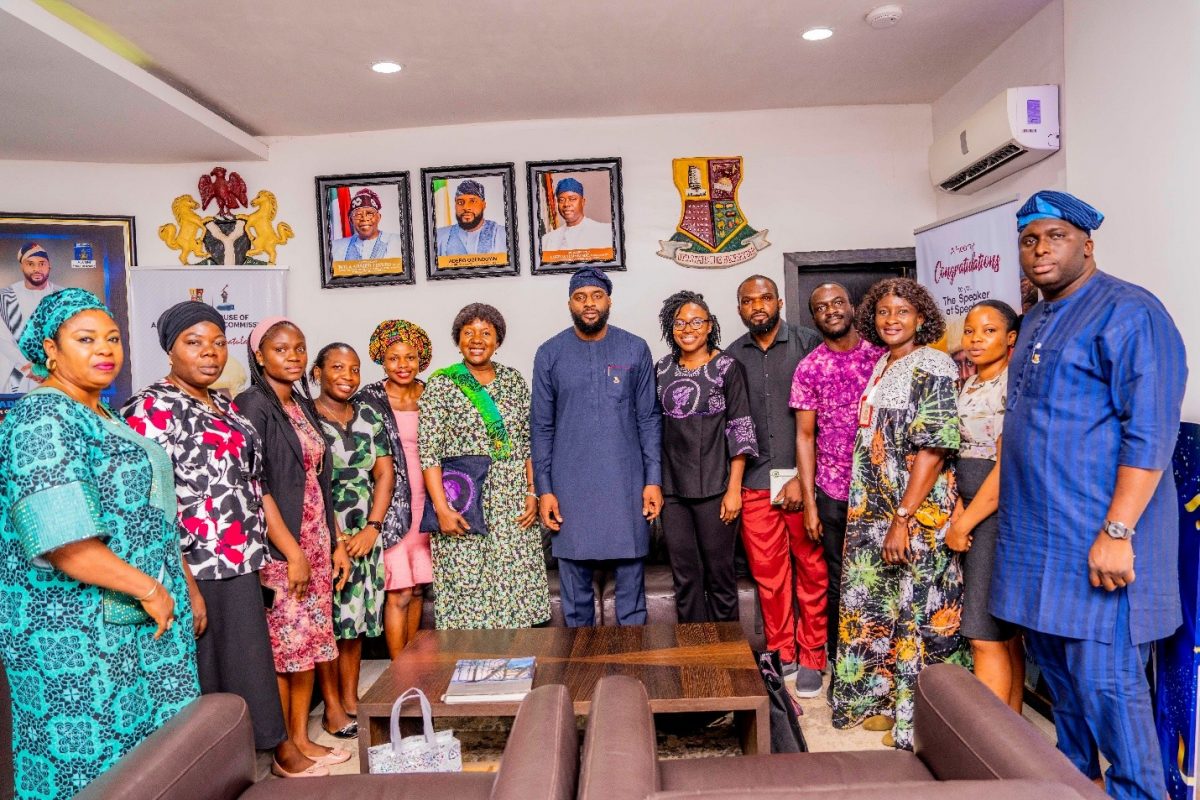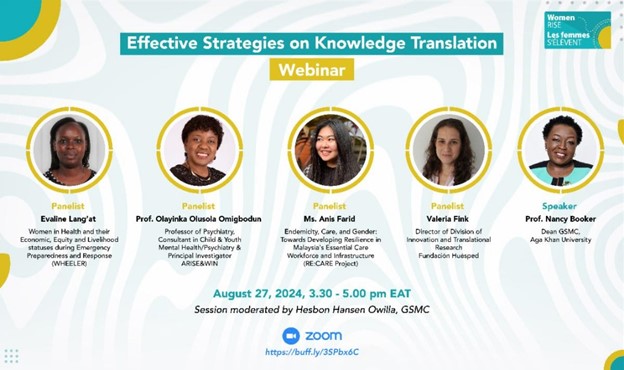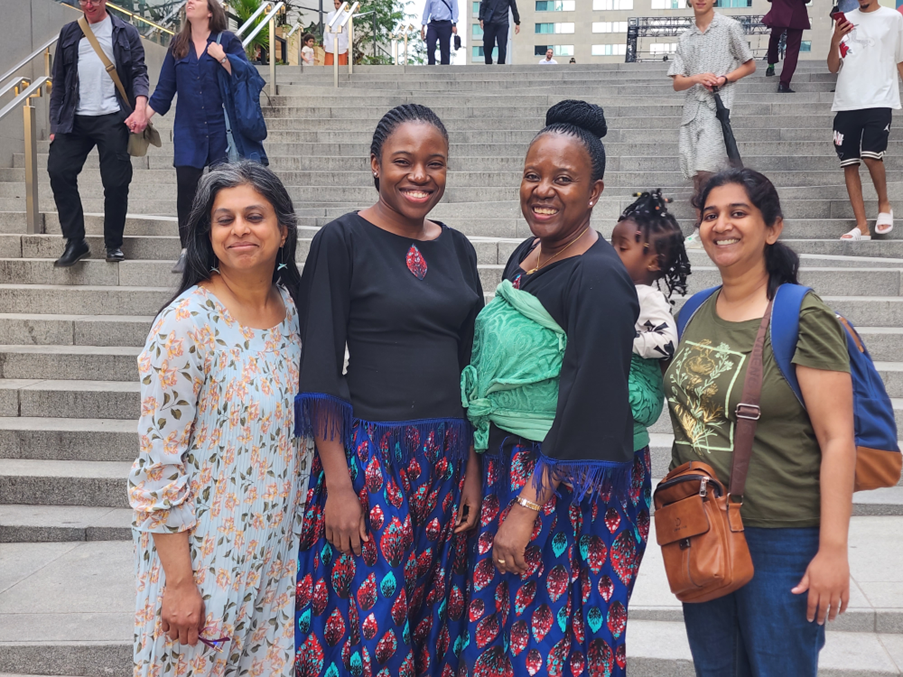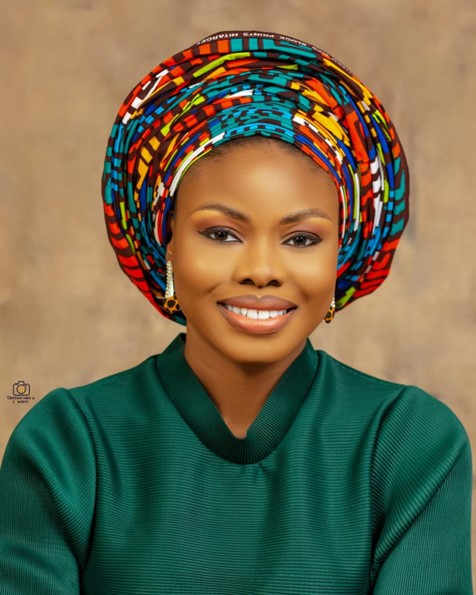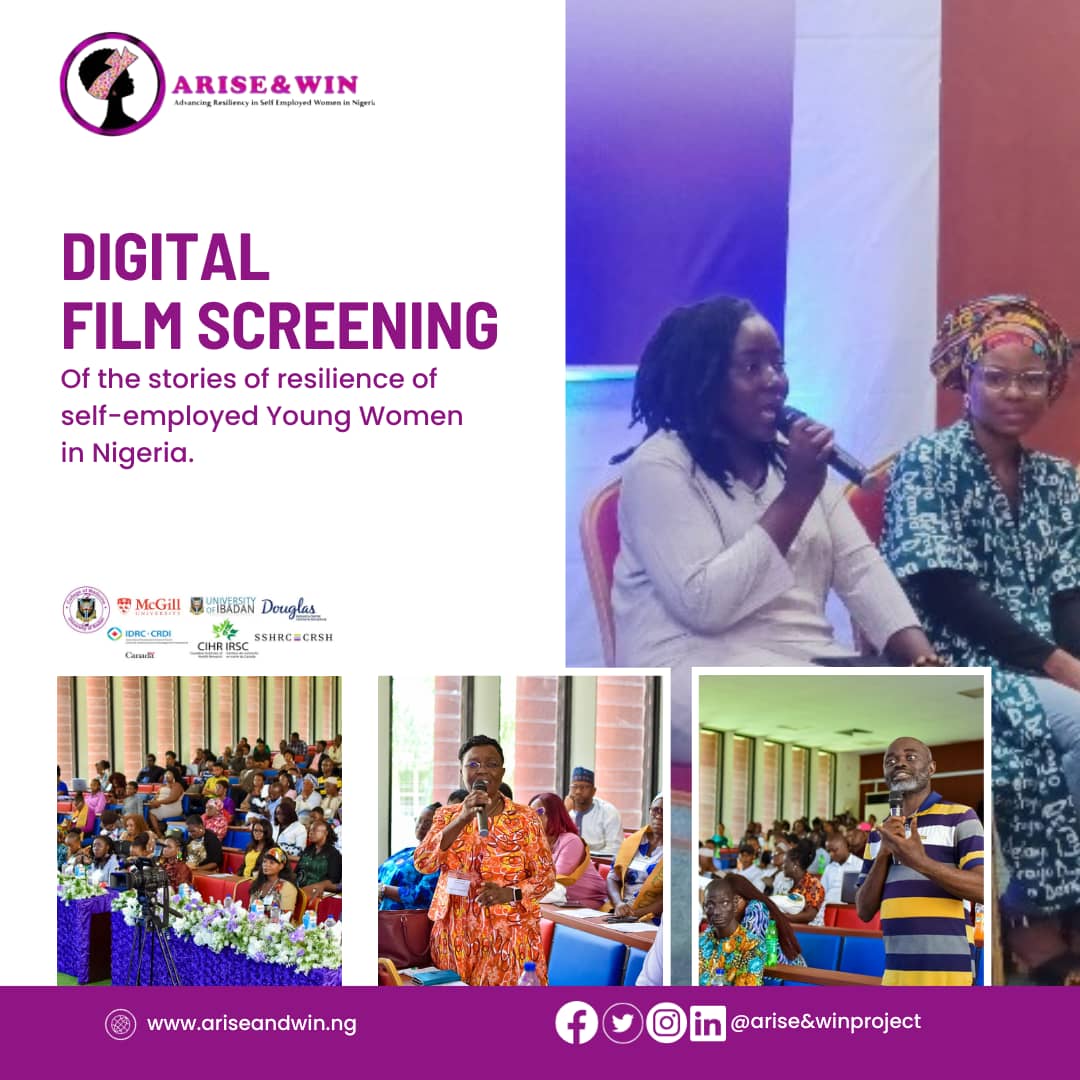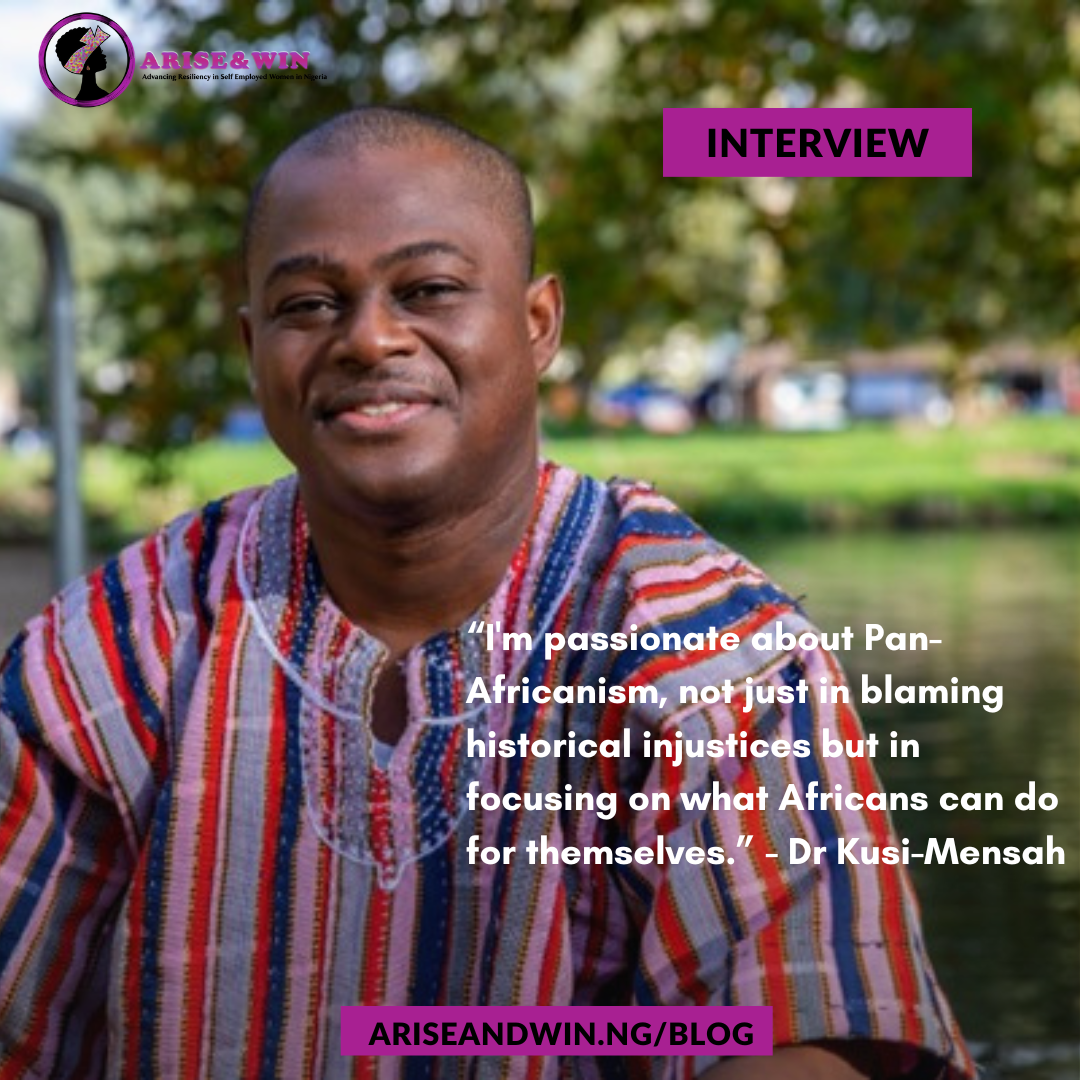The team loves to talk about Samuel’s initial interview prior to joining the ARISE&WIN Project to show his growth. Picture the image of a sweaty young man with obvious nerves quivering through his words. What he never wavered in showing at the interview, though, was his obvious talents and competencies. The shy, fidgeting young man who came into the project has grown in leaps and bounds. He is now an integral part of the team, working as a Research Assistant, and is extremely valuable in all the workstreams on the project. Samuel sat with our Communications and Research Uptake Manager, ‘Seun Abimbola, to talk about his research and career journey so far.
This brief chat is part of our ongoing effort to highlight the significant contributions and expertise of our core team members.
We are pleased to have you here for this interview. To kick things off, could you please introduce yourself and share a bit about your background, including your educational journey?
Thank you for having me. My name is Samuel Sijuade, and I serve as a Research Assistant on the ARISE&WIN project. I was born in Ibadan but I hail from Osun state, specifically from the town of Ile Ife. Despite being from Ife, I’ve spent most of my life in Ibadan.
I pursued my first degree in Health Education at the University of Ibadan, and afterwards, I undertook my National Youth Service as a Corps member in Sokoto State, where I had the opportunity to teach and mentor students at Giginya Memorial College. During my time there, I had a unique vantage point, being close to the border with Niger Republic, which offered me a different perspective on regional dynamics. While teaching there, I mentored over 400 secondary school students. In commitment to the larger community, I also provided guidance to university students within my church fellowship on accessing global opportunities. Subsequently, I volunteered with Creating Healthy Communities & Kinship (CHECK) Medical Missions Incorporation, initially as a member and later assuming leadership roles within the organisation. My responsibilities included planning medical outreaches and contributing to the public relations efforts of the organisation. During my volunteer work, I was fortunate to receive a scholarship from the Government of India through their Study in India Scholarship Programme. This afforded me the opportunity to pursue a degree in Public Health at the prestigious Amrita Institute of Medical Sciences, part of Amrita University, known for having one of the largest private multi-specialist hospitals in India.
Can you spell that?
Yeah, Amrita University. Amrita is spelt A-M-R-I-T-A. Yes. It has one of the best medical schools in India. As of today, it has the largest private hospital in India.
That’s quite impressive. What led you to pursue Health Education and Public Health? Was it like a step-down, because you couldn’t study the course you really wanted?
I would say shifting to Health Education and Public Health wasn’t a step down; if anything, it was a step up. At first, I was more interested in animal science than the science that studies humans. I was thinking about studying Animal Science or Veterinary Medicine. However, considering my peculiarities and tips from career counselling, I decided to opt for the health education program.
During my time as an undergraduate, I really enjoyed studying Health Education. I did well academically, and I felt like it aligned with my purpose. Even before the official commencement of classes, I did due diligence by visiting the department and talking to senior colleagues who gave advice and supported me with study materials. This early connection made me realize that I was always going to have something to do with the medical field. The more I reflect on my journey, the more I recognize the hand of God guiding me towards my true purpose. Despite initial doubts and uncertainties, I now see how every twist and turn has brought me closer to fulfilling my calling in public health.
What are your research goals or plans, both in the immediate future and in the long term?
Thank you very much. That’s a very good question. Specifically, I’m interested in exploring community-based interventions for health promotion and disease prevention, as well as investigating the intersection of human behaviour/situational exposomes and health outcomes. I’m keen on studying the socio-behavioral factors influencing health outcomes in target communities. My aim is to contribute meaningful insights that can inform effective strategies for improving health and well-being in populations. In the future, I want to study how social and behavioural factors affect people’s health, especially when it comes to preventing and managing chronic diseases. I’m interested in figuring out why people make certain health choices and finding ways to help them make better ones. Eventually, I hope to help improve public health outcomes not only in Nigeria but also around the world. Even though I’m willing to study abroad, my main goal is to use what I learn to make a positive impact back home. I know Nigeria’s healthcare system is complicated, but I want to be part of making it better, by speaking up for better policies, conducting research, and working with communities. It won’t be easy, but I believe that with determination and faith, I can make a difference in public health and help people lead healthier lives.
What about your role on the ARISE&WIN Project? How did you join the team and what areas of our research interest you the most on the project?
On the ARISE&WIN Project, my role primarily involves conducting research and analysis on various aspects related to our objectives. Upon returning to Nigeria, I was fortunate to stumble upon an open position at ARISE&WIN for a Research Assistant role while browsing through LinkedIn. This seemed like the perfect opportunity for me as I was eager to work in a research environment where I could enhance my skills and contribute to impactful projects. I firmly believe that research should serve a purpose beyond academic pursuits; it should aim to make a positive impact on society.
Fortunately, I was selected for the Research Assistant position, and since then, I have had the privilege to work on various workstreams on the Project. While my previous research experience primarily focused on quantitative methods, I’ve gained valuable experience in qualitative research as well. I have had to conduct policy analysis reviews and conduct qualitative interviews. I was also part of the team that worked on the theory of change aimed at identifying suitable interventions for improving resilience in self-employed women. Currently, I am working on data extraction for the systematic and scoping review workstream while also working on qualitative coding analysis. This hands-on experience has been incredibly enriching, and I feel more competent as a researcher because of it.
Moreover, my time with the project has taught me how research findings can be translated into tangible benefits for society. Witnessing the impact of research firsthand, especially in how it empowers individuals to share their stories and improve their well-being, has been truly eye-opening. Working on this project has exposed me to the diverse policy landscapes in Nigeria. Previously, I hadn’t paid much attention to Nigerian policies, but through my involvement in the project, I’ve gained valuable insights into this aspect.
Thank you so much for your time, Mr. Sijuade.
Thank you for having me.
